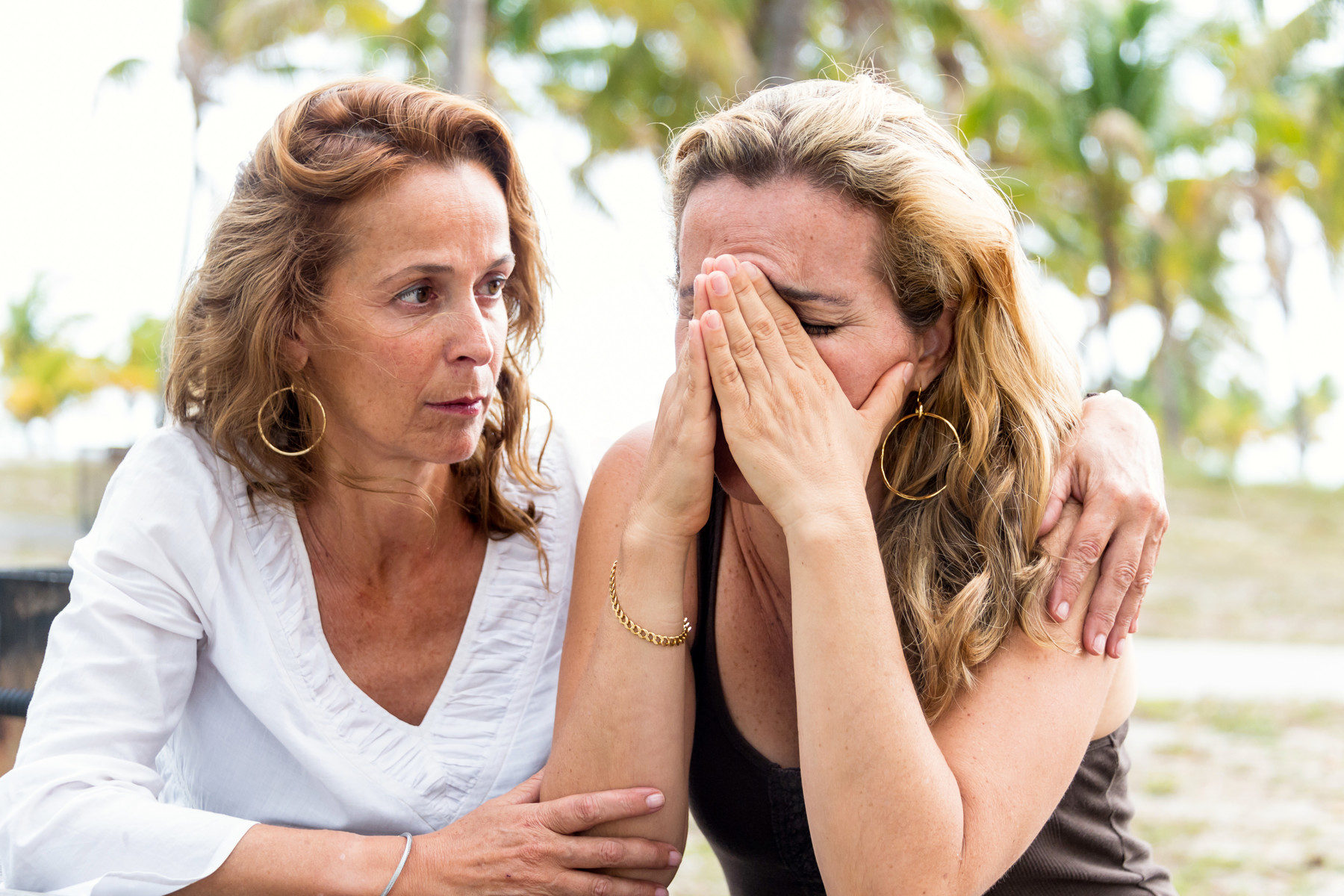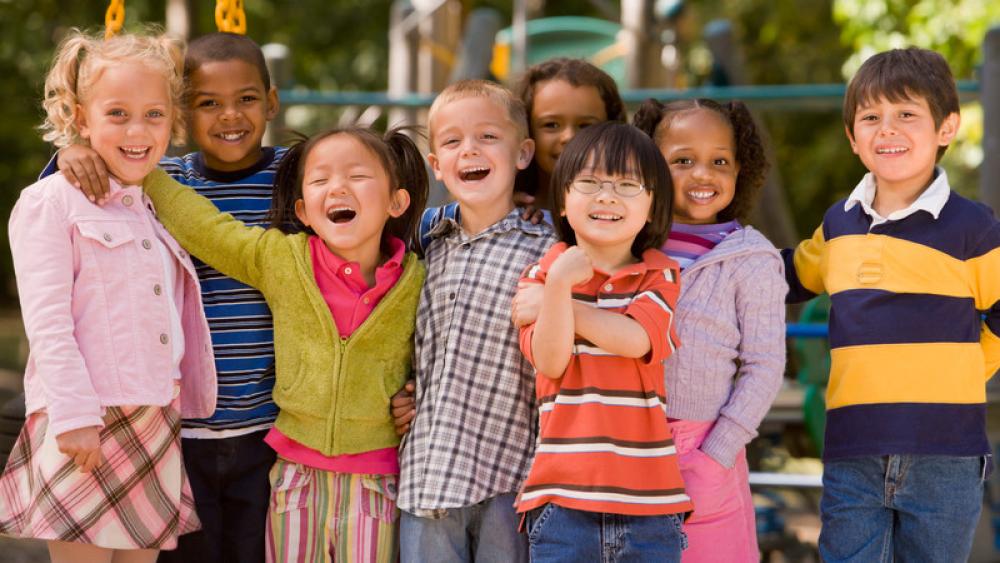





Family Health
Child Abuse: Renew Your Focus on Prevention
Published: April 26, 2021

Reported child abuse incidents have seen a significant decline during the COVID-19 pandemic. One analysis looked at data from March to November 2020 and saw that reported incidents decreased 18% nationally.
What does this mean? I wish this meant that child abuse was decreasing. But with so many children spending more time at home and less time around mandatory reporters – teachers, counselors, social workers, child care providers, physicians, nurses, etc. – the likelier answer is much sadder and scarier: There’s an untold number of children in need of help, and we’re failing to reach them.
Signs of Child Abuse and Neglect
The pandemic has created incredibly high amounts of stress for families in so many areas of life. Trauma and stress can interfere with a caregiver’s ability to nurture and discipline. Caregiver mental health, substance abuse and domestic violence are all risk factors for child abuse and have all been concerns during the pandemic.
There are several categories of child abuse:
- Physical abuse
- Sexual abuse
- Psychological abuse
- Neglect
The majority of cases reported to child protective agencies involve neglect, but there can be considerable overlap with other types of abuse. Neglect means failing to provide something necessary to a child, like food, clothing or shelter. Neglect can also be a failure to meet the emotional, educational, medical or supervisory needs of a child.
The signs of abuse and neglect aren’t always easy to look for. As our social circles widen again with COVID-19 vaccinations, you might be able to help a child you haven’t seen in a while. Signs I look for as a pediatrician – and you can look for, too – include:
- Behavioral changes
- Developmental regressions
- Failure to gain weight
- Injuries that don’t make sense for the developmental abilities or age of the child
- Injuries not consistent with how they were explained
- New fears, nightmares, anxiety or depression
- Physical signs like bruises, burn marks, fractures or head injuries
- School failures
- Social withdrawal
- Sudden changes in self-confidence
- Unexplained headaches and abdominal pain

Prevention
Isolation, stress and frustration of a caregiver can all lead to child abuse or neglect. But providing support and information can help caregivers cope with their feelings without taking them out on the child. They need other adults in their lives who will listen and help.
Research shows protective factors against child abuse and neglect include:
- Access to health and social services
- Cultivating positive childhood experiences
- Family relationships that are nurturing, safe and stable
- Supportive communities
You can help protect your child from abuse from others by:
- Encouraging them to stay away from strangers
- Getting to know the adults that spend time with them at school, activities or friends’ houses
- Knowing their caregivers
- Supervising them and getting involved at their school
- Teaching them about online safety
- Teaching them when to say “no” to something that makes them feel bad or uncomfortable
Preventing or stopping child abuse is critical for the development and health of children. Children who are abused or neglected are especially at risk for mental health issues in the future. Throughout their lives, they can they suffer from depression, engage in violent or suicidal behavior, try to run away, have difficulties learning, abuse drugs or alcohol, have marital problems, or even abuse others themselves.
Help Is Available
Raising children is a difficult job, and no parent can know everything – especially in a pandemic. If you, a friend or family member are having a difficult time, you can reach out and seek help through counseling, support groups, medical providers or local community organizations. You can also talk to your child’s pediatrician for ideas about challenging behaviors, expected developmental abilities and strategies for positive discipline and parenting.
If you’re worried you might abuse your child, there are resources to help:
- Childhelp National Child Abuse Hotline: 1-800-4-A-CHILD
- Prevent Child Abuse America: 1-800-CHILDREN
As a pediatrician, the health and safety of children are my primary concerns. Many children who face abuse and neglect are the youngest and most vulnerable members of our community and may not have any ability to protect themselves. The earlier we can intervene, the less trauma they suffer and the sooner families and children can heal.
More Resources
- Get more child abuse prevention resources from the U.S. Department of Health and Human Services.
- Learn what teen dating violence looks like and how to prevent it.
- Learn more about eating disorders and how to help someone suffering from one.

